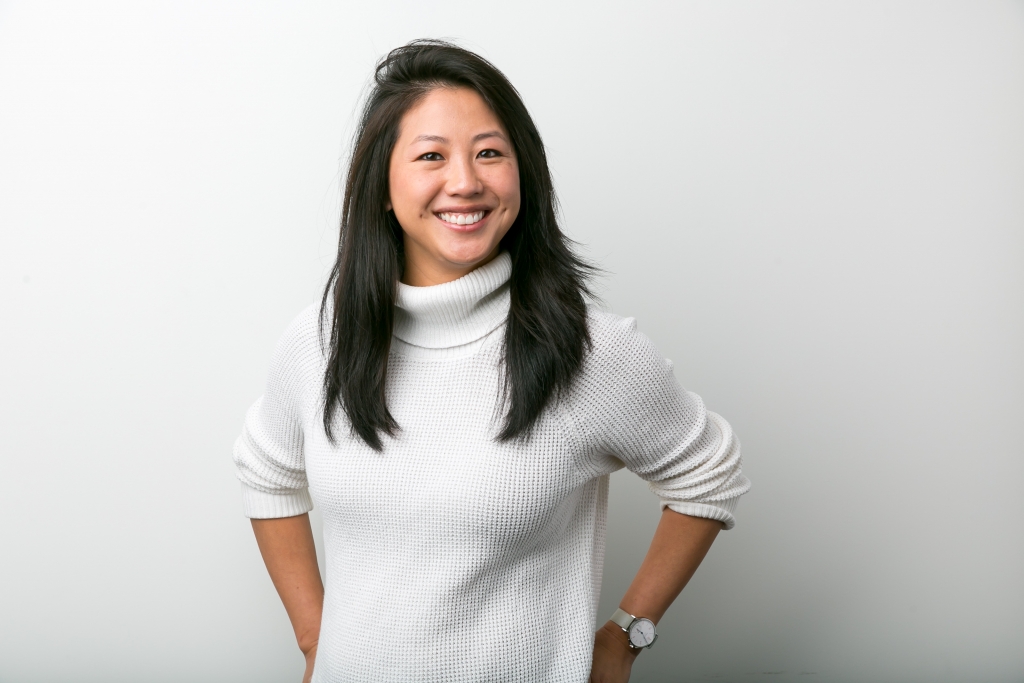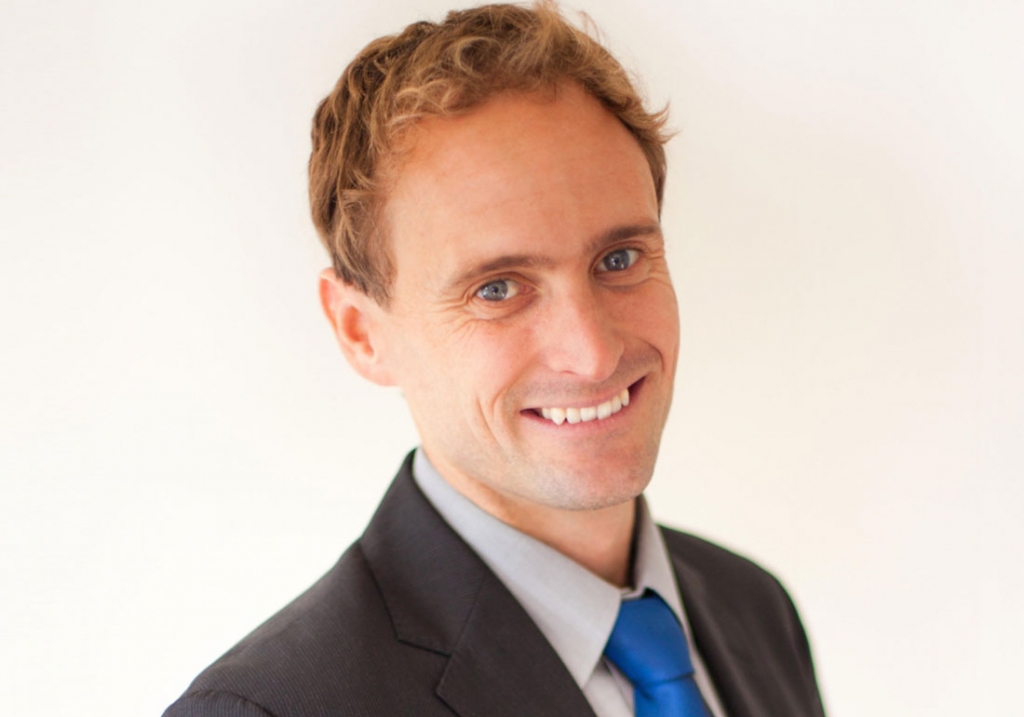Advice from Angel Investor Taner Halıcıoğlu ’96
By Katie E. Ismael
Taner Halıcıoğlu (BS ’96) is the founder and manager of angel investment firm Keshif Ventures. According to the San Diego Business Journal, which included him in its “San Diego 500, The Book of Influential Business Leaders,” he is “one of San Diego’s few ‘super angels’ in local tech, meaning he’s an active investor in early-stage startups.” He’s also a founding partner of SEED San Diego, a small investor group that supports local startups. His portfolio companies include Empyr, Portfolium, Doctible, CloudBeds, Soci and MixMode.

What do you look for when you are considering investing in a company?
When considering a company for investment, I value the team over everything else. Mainly, what is the composition of the team, how well do they seem to work together and are they open to taking direction/advice from investors and advisors. The next factor is the more obvious one, which is “what is this company trying to solve/do?”.
What motivates someone to start their own company?
I’ve been an early employee at several startups (Halıcıoğlu was Facebook’s first full-time employee back in 2004), and of course, I’ve also seen plenty of people starting up companies.
They are motivated to do this for various reasons, but one common theme I’ve seen is they see a certain need and have a way to solve that need- or perhaps solve it in a better way than it’s currently being solved.
What are some successes and challenges you’ve seen in starting a company?
One of the harder things for startups to do is gain traction for their product or service. This is usually because they are a no-name company, and it’s hard to sell something when people realize you are a startup, perhaps on a shoestring budget, that might disappear if you run out of money or face other challenges.
On a related note, it’s hard to raise money for your company, since in the early days- when all you have is basically an idea- you need to either self-bootstrap or you need to find some angel investors, or perhaps friends and family who believe in you and your idea.
One thing about startups is you’re not going to be sleeping a lot and you’re probably going to be wearing a lot of different hats.
How did CSE shape or influence you and your success?
Without the resources and opportunities that CSE had provided me, I’m not sure I would have been able to do what I have done, let alone do it well and succeed. Between the professors and classes, to the labs and other resources like having a supercomputer center right here on campus, there are many advantages to being a CSE alumnus.
Halıcıoğlu has remained a familiar face around CSE and UC San Diego, serving as a lecturer in computer science since 2013 and as a member of the CSE Alumni Advisory Board. Halıcıoğlu donated $75 million to his alma mater to help create the Halıcıoğlu Data Science Institute and was recently honored as a CSE Distinguished Alumnus.



